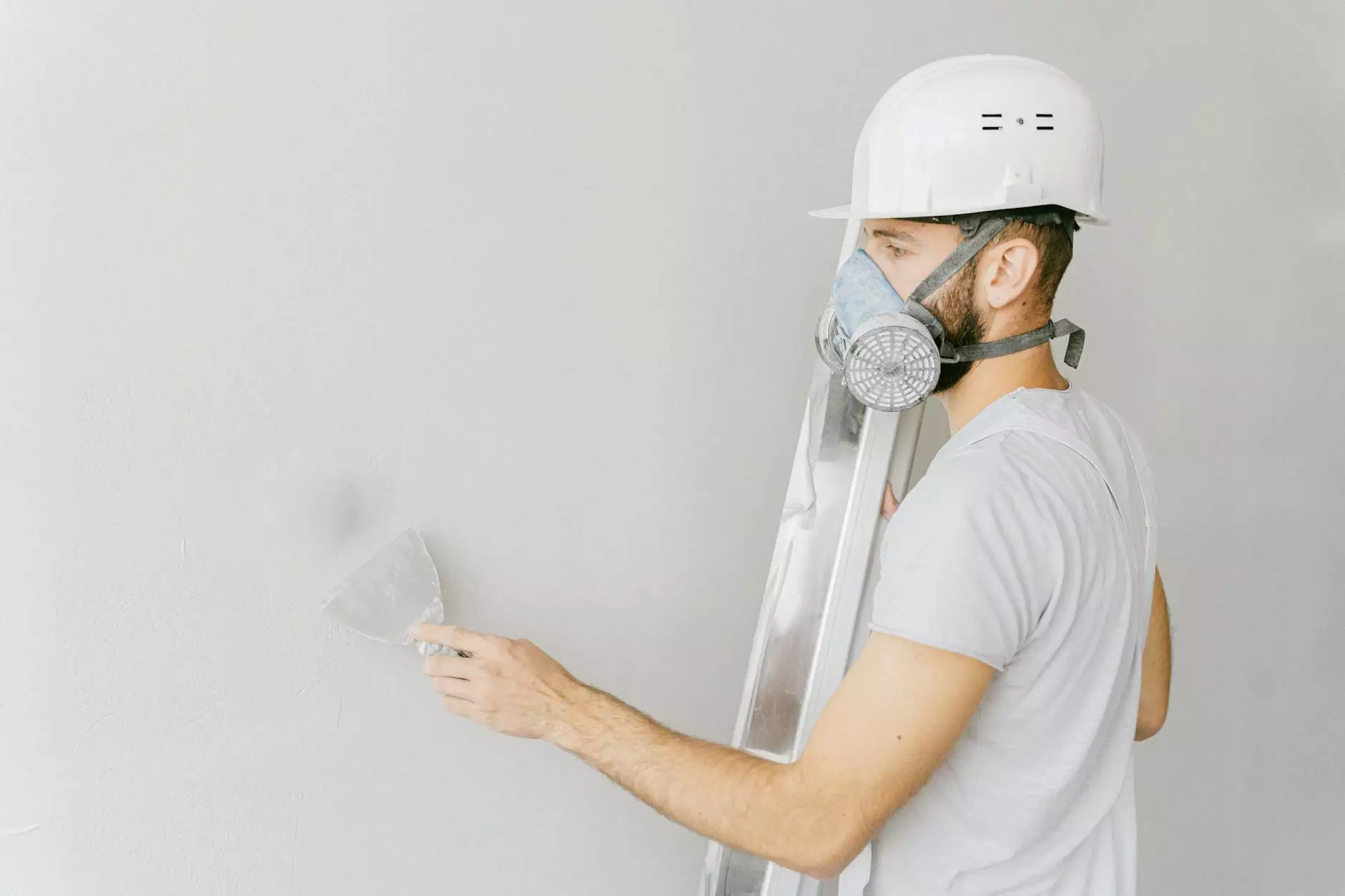Mastering the Art of Pool Plastering: A Comprehensive Guide

When it comes to maintaining the beauty and functionality of your swimming pool, pool plastering is an essential process that cannot be overlooked. Not only does it enhance the aesthetic appeal of your pool, but it also plays a significant role in protecting the structural integrity of the pool itself. In this extensive article, we will delve into everything you need to know about hiring a professional pool plasterer, the materials they use, the processes involved, and tips to ensure a successful pool renovation.
What is Pool Plastering?
Pool plastering is the final finishing coat used on a swimming pool’s interior surface. It typically involves applying a mixture of water, cement, and other materials that create a smooth, durable surface. This surface is essential for several reasons:
- Improved Aesthetics: A freshly plastered pool looks visually appealing and can enhance the overall environment of your backyard.
- Protection: The plaster layer protects the underlying structure from corrosive water and chemicals.
- Durability: Quality plaster can last over a decade, depending on maintenance and environmental factors.
Why Hire a Professional Pool Plasterer?
Hiring a professional pool plasterer can make a significant difference in the outcome of your pool renovation project. Here’s why:
- Expert Knowledge: Professional plasterers understand the nuances of different plaster types and how they interact with various pool environments.
- Quality Materials: Experienced plasterers use high-quality materials that ensure longevity and durability.
- Efficient Process: A qualified plasterer completes the job efficiently, minimizing disruption to your schedule.
- Warranty: Professional services often come with a warranty, providing you peace of mind regarding the workmanship.
Choosing the Right Pool Plasterer
Choosing the right pool plasterer can be challenging, given the number of professionals available. Here are some critical steps to help you make the best decision:
1. Research Potential Contractors
Start by researching potential contractors in your area. Look for reviews, testimonials, and their portfolio of completed projects. Websites like poolrenovation.com provide valuable insights into local services.
2. Check Credentials and Experience
Ensure that the plasterers you are considering are licensed and insured. Ask about their experience, particularly with projects similar to yours. Experience with various materials is a plus!
3. Request Detailed Estimates
Most contractors will provide a detailed estimate that outlines the costs involved in the project. This should include:
- Material costs
- Labor costs
- Estimated timeline
Analyze these estimates to ensure you’re getting the best value for your investment.
4. Discuss the Options Available
Discuss the different types of plaster materials that can be used for your pool, such as:
- Standard White Plaster: The most common type, known for its simplicity and affordability.
- Quartz Plaster: A more durable option that incorporates quartz aggregates for added strength.
- Colored Plaster: For those seeking a unique aesthetic, colored plaster can enhance the overall look of the pool.
5. Ask for References
Don’t hesitate to ask for references from previous clients. Contact them to inquire about their experience, timeliness, and quality of work.
Preparing for Your Pool Plastering Project
Once you’ve selected a pool plasterer, there are several steps you can take to prepare for the project:
1. Clear the Area
Ensure that the area around the pool is clear of furniture, plants, and any other obstructions. This makes it easier for the contractors to work efficiently.
2. Plan for Water Drainage
During the plastering process, water will need to be drained from the pool. Ensure proper drainage is accounted for to avoid any water accumulation around your property or in the vicinity.
3. Schedule Time for the Job
Plastering typically requires several days, depending on your pool size and the chosen plaster type. Schedule an appropriate window for the work to be completed without rush.
The Pool Plastering Process: What to Expect
The actual process of pool plastering involves several stages:
1. Preparation of the Surface
The first step involves preparing the pool’s surface. This includes cleaning any existing plaster, grinding down rough spots, and making necessary repairs to ensure a smooth base.
2. Mixing the Plaster
The plaster mixture is then prepared according to the specific requirements of the chosen material. The mix should be adjusted for optimal consistency and workability.
3. Application of the Plaster
Once the surface is prepared and the mixture is ready, the plaster is applied to the pool using specialized tools. This requires skill and attention to detail to achieve the desired look and texture.
4. Curing and Finishing Touches
After application, the plaster needs time to cure. Proper curing is critical for longevity. During this time, the contractor may also apply finishing touches, such as smoothing out any imperfections.
Maintaining Your Pool After Plastering
After your pool has been freshly plastered, it’s imperative to maintain it to extend its lifespan. Here are some essential maintenance tips:
- Regular Cleaning: Brush the walls and floor regularly to prevent algae growth and staining.
- Balanced Water Chemistry: Ensure your pool’s water chemistry is balanced, paying special attention to pH levels, alkalinity, and calcium hardness.
- Avoid Harsh Chemicals: Use pool chemicals as recommended. Avoid harsh chemicals that could damage the plaster.
- Periodic Inspections: Regularly inspect your pool for any signs of wear or damage that may require professional attention.
Conclusion
In conclusion, hiring a skilled pool plasterer is vital for ensuring your pool remains a beautiful and functional centerpiece of your home. By understanding the complexities of the plastering process and taking the necessary precautions in choosing a contractor, you can enjoy a freshly plastered pool that lasts for years.
Remember to conduct thorough research, communicate clearly with your contractor, and prioritize ongoing maintenance to protect your investment. For expert services and advice, don’t hesitate to visit poolrenovation.com today.









